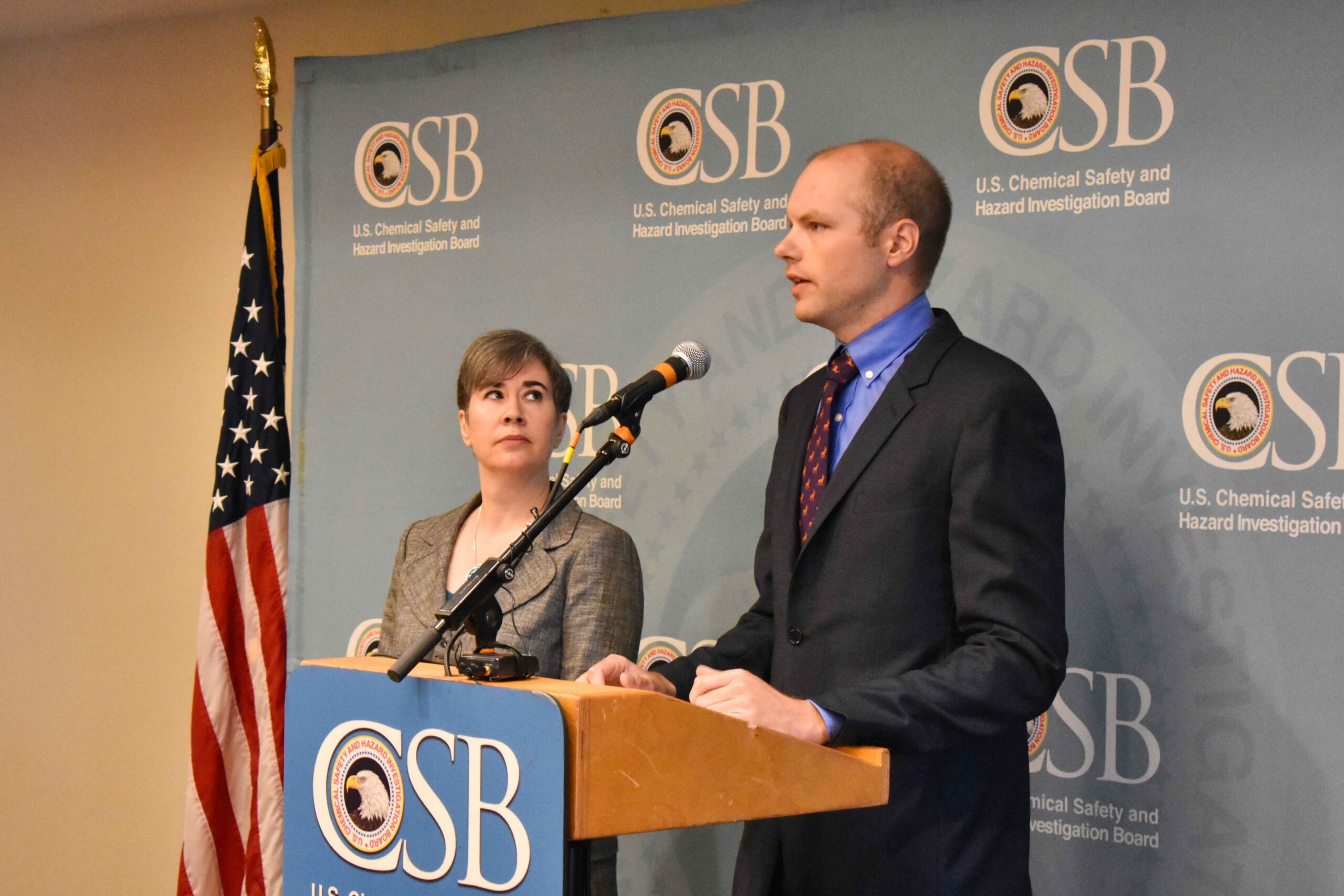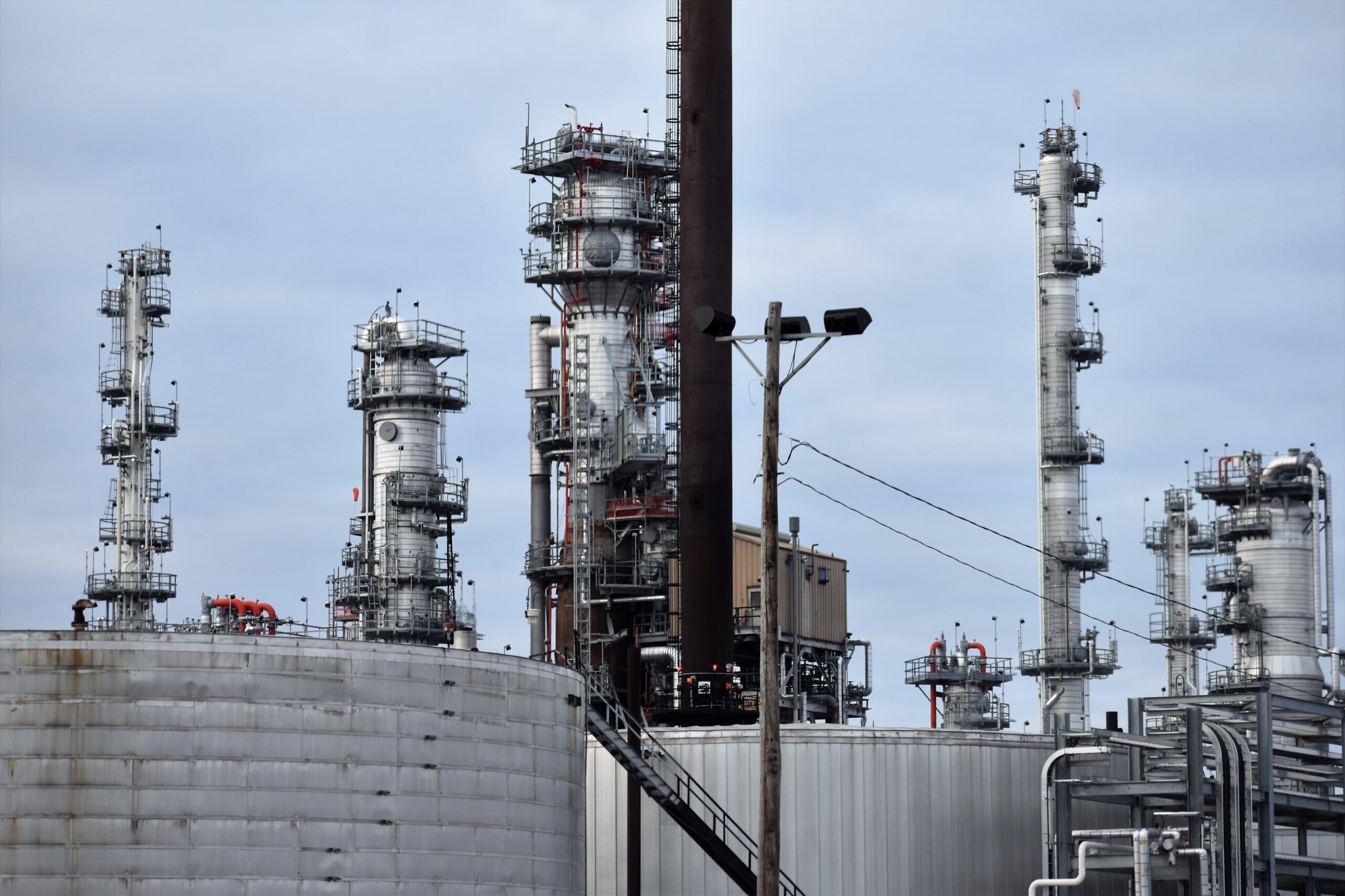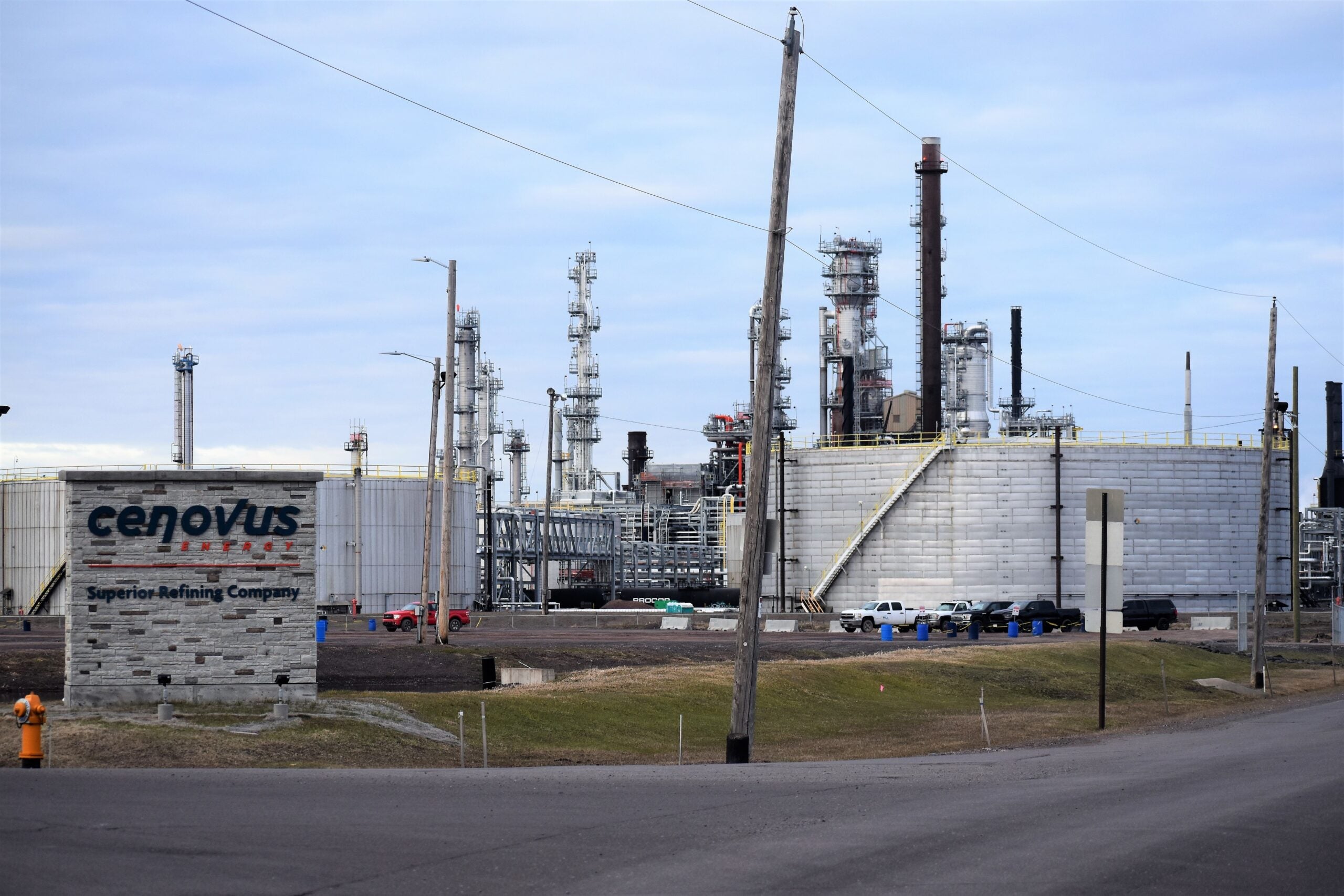The U.S. Environmental Protection Agency is still mum for now on whether it will review its 1993 study of hydrofluoric acid (HF). The Chemical Safety Board and congressional lawmakers are urging the agency to take action to prevent a catastrophic disaster.
Hydrogen fluoride is a chemical used in a variety of industries, but it’s used as a catalyst in alkylation units at refineries as part of the process to make high-octane gasoline. The chemical can cause hazardous health effects, if released, ranging from lung damage to severe burns depending on the amount and length of exposure.
The board sent a letter to the agency in April calling on the EPA to review the study to ensure refineries’ risk management plans are adequate to prevent HF releases and determine whether commercially viable, safer technologies may be available.
News with a little more humanity
WPR’s “Wisconsin Today” newsletter keeps you connected to the state you love without feeling overwhelmed. No paywall. No agenda. No corporate filter.
An EPA spokesperson said in a statement Tuesday that the agency is working on a response to the CSB’s request.
CSB interim executive and board member Kristen Kulinowski said they’ll likely contact the EPA again to reiterate the importance of reviewing the use of the toxic chemical after explosions at a Philadelphia refinery in June occurred very close to where hydrogen fluoride was stored.
“We’ve now seen three incidents — major, catastrophic process safety incidents at refineries that use HF for alkylation in four years,” said Kulinowski. “So, I would say that there is a sense of urgency around the issue of exploring the safety issues related to the use of HF.”
An explosion at the former ExxonMobil refinery in Torrance, California, sent debris flying within 10 feet of a tank holding HF in February 2015. Last year, an explosion in April at the Husky Energy oil refinery in Superior sent debris flying, which punctured an asphalt tank and spilled fuel that ignited. The refinery’s HF tank was about 150 feet from the explosion.
“As we see these catastrophic accidents, we see the potential for a release of a massive quantity of HF, which could be deadly for a lot of people,” said Kulinowski.
She said communities living near refineries that use HF can talk with facilities and regulators about whether safety management systems are enough to protect residents.
Congressional lawmakers in Wisconsin and Minnesota say they support the CSB’s recommendations, including Democratic U.S. Sens. Tammy Baldwin, of Wisconsin, and Tina Smith, of Minnesota.
“I am deeply concerned that many citizens do not know that dangerous HF is being used in their communities, and I support the CSB’s recommendation that the EPA re-evaluate whether refineries’ risk management plans adequately protect communities from catastrophic HF releases,” Baldwin said in a statement Tuesday. “We must ensure that all facilities using HF have robust risk management plans and urgently seek alternatives to the use of toxic HF in producing fuel for our nation. Wisconsin farmers and ethanol plants are already leading the way by producing biofuels that can help reduce the use of HF.”
Smith said the incident at Husky last year brought the dangers of hydrofluoric acid into focus. Three dozen people sought medical attention due to the incident, according to the CSB.
“After the fire, the U.S. Chemical Safety and Hazard Board investigated and concluded that the EPA needs to review and update its policies on HF use in refineries,” Smith said in a statement. “I agree with that conclusion: the EPA must act.”
Meanwhile, Husky Energy announced in April it will continue using hydrogen fluoride at its refinery in Superior as part of its $400 million plans to rebuild. Husky spokesman Mel Duvall said in an email Tuesday that plans to retain the chemical’s use have not changed.
“We are still working towards our goal of starting on the rebuild in the fall of this year, with a target of resuming full operations in 2021 and are currently working through the permitting process,” wrote Duvall.
The company’s chief operating officer, Rob Symonds, said in April that removing the chemical would make the refinery “nonviable” for Husky. He added that emerging technologies haven’t been commercially proven, noting the company is adding more safety measures at the refinery. The company has previously said it appreciates the CSB’s efforts to promote safety in the industry, adding its systems worked as designed during the explosion and fires.
The citizen activist group Twin Ports Action Alliance has been pushing the company to transition away from its use of the toxic chemical and pursue safer alternatives.
Wisconsin Public Radio, © Copyright 2026, Board of Regents of the University of Wisconsin System and Wisconsin Educational Communications Board.




